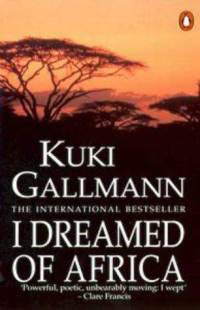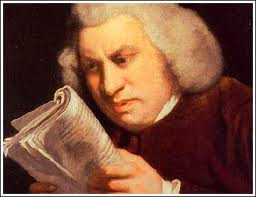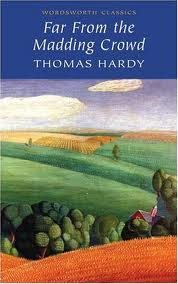I don’t know much about VS Naipaul, beyond his A HOUSE FOR MR BISWAS, which is a wonderful novel. It’s set in Trinidad, and the book’s so good that ridiculously, I now feel whenever I hear about Trinidad that I have some kind of personal relationship with it.
LETTERS BETWEEN A FATHER AND SON is made up of correspondence between VS Naipaul, his father and his sister, written during the period after he left Trinidad for Oxford University. There is much discussion of the prosaic – money movements, sending socks, and so forth; but also much discussion about writing – the father has literary ambitions, and encourages his son endlessly; and many heart-to-hearts, especially at the end when ‘Pa’ dies unexpectedly.
There was a lot I could relate to in these letters. I also left a developing country for a developed one, and the attempt to reconcile these worlds, the apologies for not writing, the death of pets and passage of time were really quite touching.
I actually felt quite sorry for VS Naipaul, or Vidia, as his family call him. He seemed to me to struggling with some very serious mental colonisation. For example, hilariously, he is all ready for the beauty of an English autumn! Clearly, he has done a lot of reading Keats (here for his Ode on that season), and not a whole lot of waiting on an open platform for the 4.52 to Charing Cross.
He is entirely convinced that in escaping Trinidad he has made a great escape, from a place which is self-evidently less interesting and less worthy of notice than wonderful, wonderful England. And yet, at the same time, what is he constantly writing fiction about? That terrible, boring place, Trinidad. And he doesn’t seem to see any contradiction there.
A very sad strand in these letters is the desire of Vidia’s father to become an author. Vidia is very close to his father, and we learn a lot about this. Pa is hampered by a lack of time, as he has to work constantly to support his many children. (VS does not come off at all well in this respect, as he writes very pointedly to his mother after his father’s death, telling her to tell his younger sister to not to have too many children! As if his poor mother was having them all by herself, asexually, like an amoeba)
A HOUSE FOR MR BISWAS is in fact apparently a version of the story of his father’s life, and I find it rather sad that that should be Naipaul’s masterpiece in the end. Immediately after Pa’s death, he writes to his sister, saying:
In a way I had always looked upon my life as a continuation of his – a continuation which, I hoped, would also be a fulfillment. It still is; but I have to abandon the idea of growing older in Pa’s company; and I have to get the strength to stand alone. I only wish I have half Pa’s bravery and fortitude.
Indeed it seems that for many A HOUSE FOR MR BISWAS is the book on which his reputation rests. IN A FREE STATE I believe won the Booker (but let’s face it, that was also won by the wretched FINKLER QUESTION), and I don’t believe we need to know any more about the literary quality of that book than that large sections of it are set in ‘an unnamed African country.’ Because obviously all of Africa is pretty much the same.
Mr Naipaul, take a tip from Mr Marley: Emancipate yourself from mental slavery. None but ourselves can free our minds!









